*Good Morning friends. How are you? Alhamdulillah I am fine. Now I am share with you the historical parson Hazrat Khan Jhan Ali life time.

Khan Jahan Ali (1389 - 25 October 1459) was a Muslim preacher and local ruler of Bagerhat in Bangladesh. His other names include Ulugh Khan, Khan-i-Azam etc.

Hazrat Ulugh Khanjahan Ali was born in Delhi in 1369 AD to an aristocratic family. [2] His father's name was Akbar Khan and his mother's name was Ambia Bibi (need source). It is believed that his ancestors were natives of Turkey. [3] Although Khanjahan Ali's primary education began with his father, he received his secondary education at the famous Wali A Kamil Pir Shah Neyamat Ullah in Delhi. He acquired a deep knowledge of the Qur'an, Hadith, Sunnah and Fiqh.
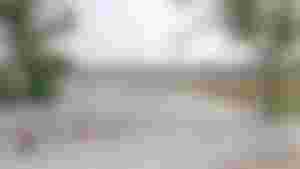
Khanjahan Ali started his career as a commander in the army in 1369 AD. In a very short time he was promoted to the rank of Commander-in-Chief. In 1394, at the age of only 26/27, he joined the post of Jabitan (Governor) of Jainpur Province. Later, when Sultan Khanjahan led an invasion of Bengal with 60,000 well-educated advanced troops and two lakh more troops, Raja Ganesha took refuge at Bhaturia in Dinajpur (citation needed). In 1417, Khan Jahan took up residence at Barbazar in Jessore and began to propagate Islam in the south-western part of Bengal.

Khanjahan's first wife's name was Sona Bibi. It is said that Sona Bibi was the only daughter of Pir Nur-Qutbul Alam of Khanjahan. Khanjahan's second wife Rupa Bibi alias Bibi Begni was a converted Muslim. Khanjahan Ali built the Sona Mosque and the Bibi Begni Mosque after his two wives. However, the names of these two wives are believed to have become popular. Because Khan Jahan Ali was a patron of Islamic culture and a Muslim saint educated in Arabic and Persian scriptures. Such names as "Sonabibi and Rupabibi" are considered unreasonable.

Hazrat Khanjahan Ali died on October 25, 1459 (according to the inscription of Mazar-e-Sharif, 63 AH, 28th Jilhaj) at the age of 90 while performing Esha prayers in the court house of the sixty-domed mosque.
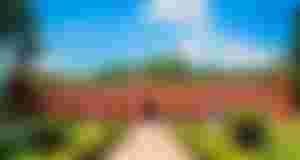

Hazrat Khanjahan Ali Mazar Dighi in Bagerhat is the last open source of fresh water that has been inhabited for six hundred years. After digging this huge 200 acre lake, Hazrat Khanjahan Ali, a spiritual saint, preacher and war hero, a pair of fresh water crocodiles were released in the lake so that no one could waste the fresh water of the lake.
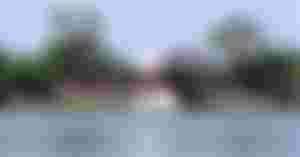
This freshwater crocodile has been living in Khanjahan Ali Dargah Dighi since then. At present, there are 3 of the 4 freshwater crocodiles brought from Madras, India on June 24, 2005, including a male crocodile of old period. The crocodile of Khanjahan Ali Dargah has a long history.

The main food of the crocodile was the chicken of the visitors who had come to the Dargah for a long time. At present, a class of servants are selling most of the crocodile food in the market, which has resulted in severe shortage of crocodile food. Although crocodiles are naturally ferocious species, the crocodiles of this Dargah have been the opposite for generations. The crocodile never showed violence, although visitors often put food in their mouths with their hands.


So it is a historical place of Muslims and all parson. we known it's history as soon as possible.
Thanks for waiting.
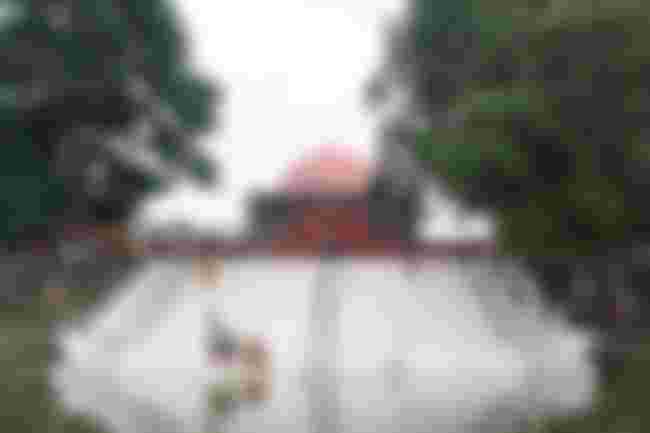

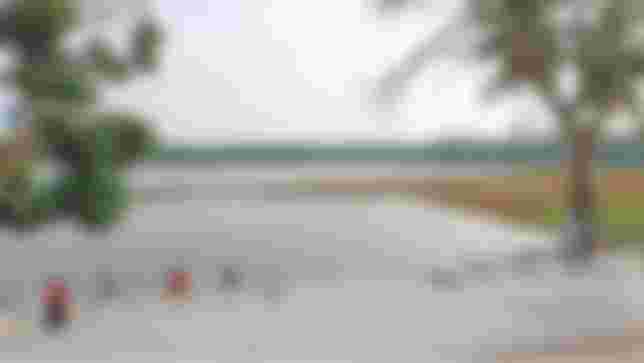


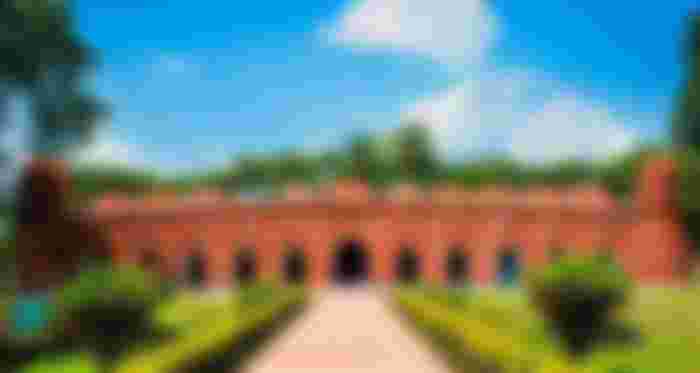

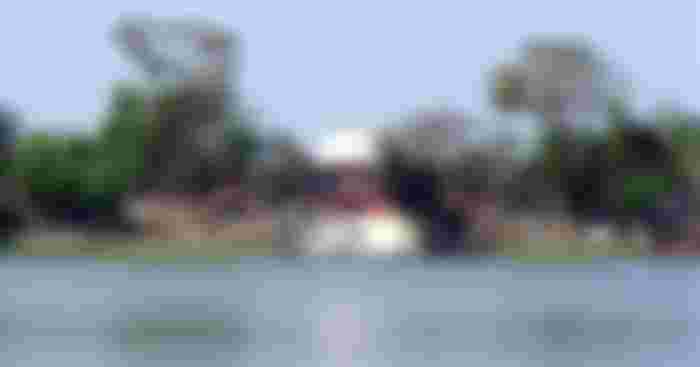
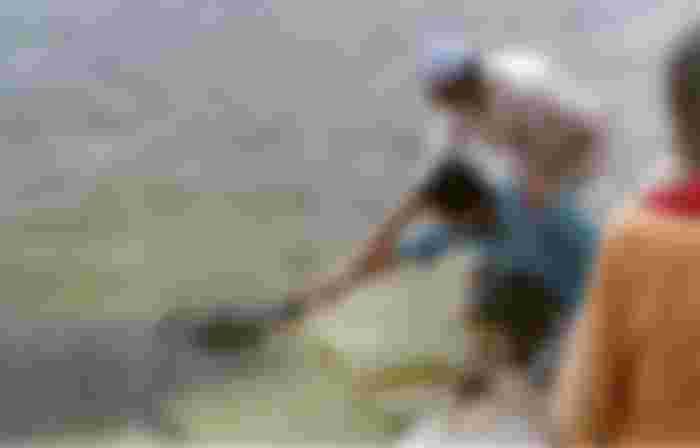
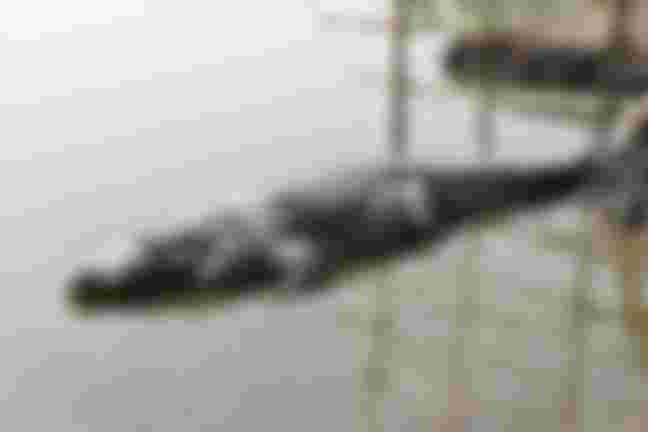
Hazrat Khanjahan Ali Mazar Dighi in Bagerhat is the last open source of fresh water that has been inhabited for six hundred years. After digging this huge 200 acre lake, Hazrat Khanjahan Ali, a spiritual saint, preacher and war hero, a pair of fresh water crocodiles were released in the lake so that no one could waste the fresh water of the lake.